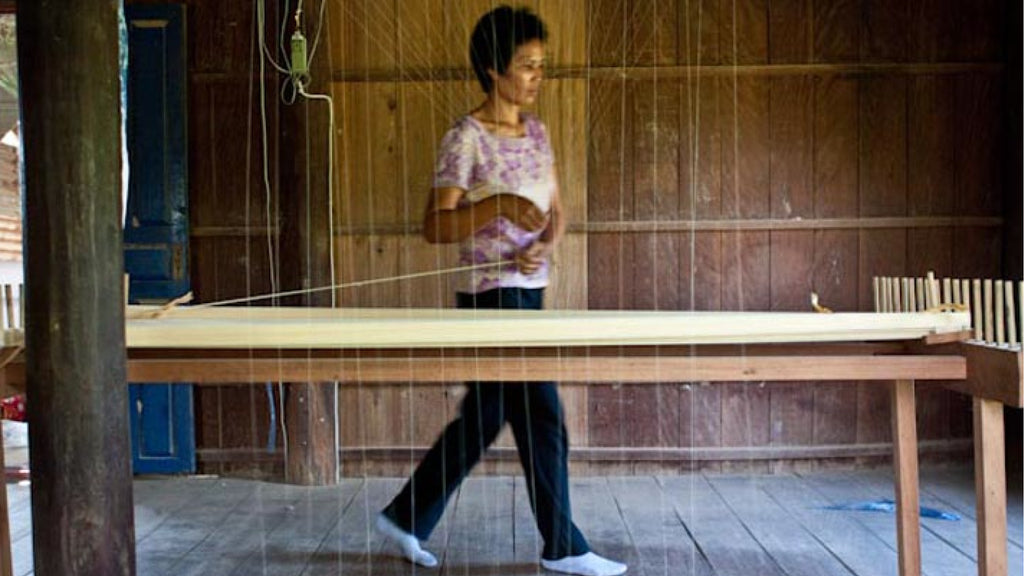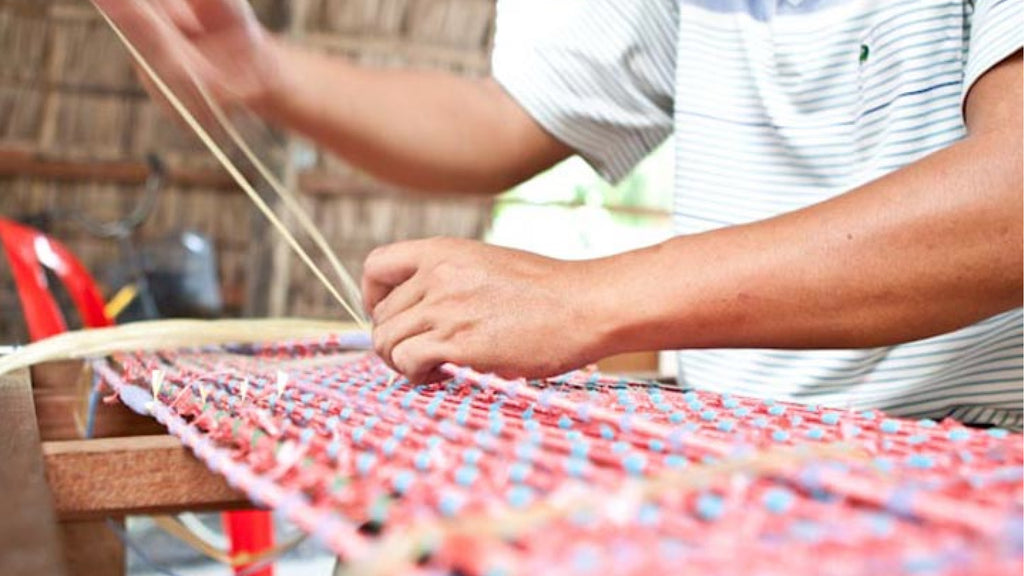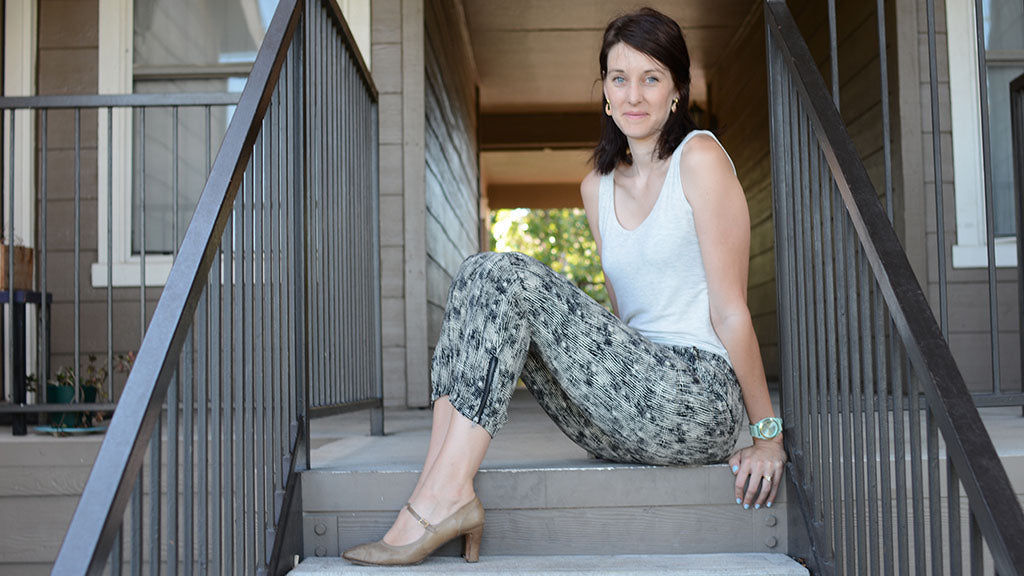5 Fair Trade Myths - Debunked
1. Fair Trade is charity
Often times at markets I get asked what percentage of the sales is donated back to the artisan groups. I used to feel a bit guilty that my answer is 0%. Now this has become a point of pride.
We pay upfront for the materials & pay wages as it's done instead of waiting until something sells. We partner with local organizations who build into the cost a percentage for them to use towards the specific needs of the men & women. Needs that they know intimately & can be responsible with how the funds are allocated within the community so that we can be sure that we are actually helping & not harming the people we seek to serve.
We don't believe that the way to solve the problem of poverty is money, but a opportunity at a long term, dignified job within a healthy community framework.

2. Companies that "Give Back" make sure their products are made ethically
Nope.
Just because a company has a give back model, it doesn't mean that men & women aren't exploited in the process of producing the very things being donated. Ask about their labor practices.
3. There are no Fair Trade products available that fit your signature style
I'll be the first to admit that I believed this myth for quite some time & until the last few years, this has been true. Personally, I like to wear solid colors mixed together in interesting ways or one subdued pattern in a neutral color paired with a small pop of color. I like classic silhouettes & well tailored pieces.
I'm pretty sure that whatever your style, you can now find a Fair Trade version. Feel free to test me on this - mention in the comments your style & I'll point you to some pretty solid companies to check out!
4. Fair Trade is always more expensive
If you're comparing Fair Trade to Forever 21 or Target, then maybe this isn't a myth. But if you're comparing the quality you get with handmade, organic products then Fair Trade is often considerably less expensive because by definition, Fair Trade products cut out the middlemen in the production line. It can be helpful to think of prices in terms of cost per wear.
5. The only thing different about Fair Trade products is how they are made.
A huge part of the Fair Trade movement is the process of how those who are making the products are treated. But did you know that most Fair Trade products are also made from natural fibers & materials with organic dyes? Many groups will use as many recycled materials as possible. This not only lowers the cost but also lowers the environmental impact of their wares.


